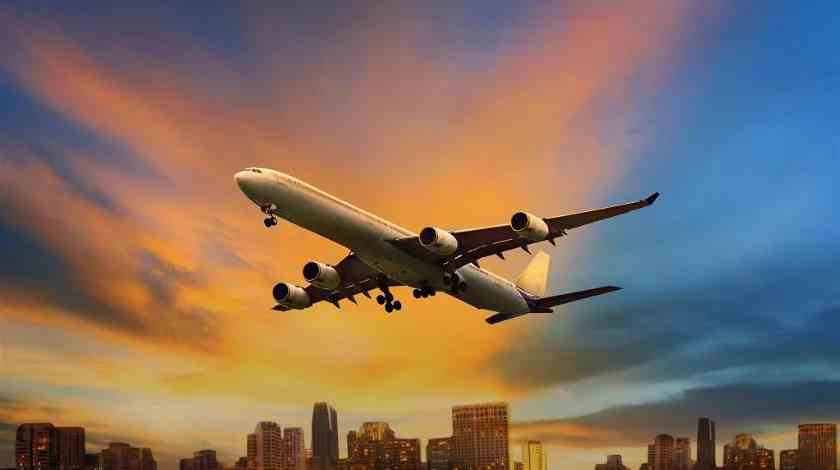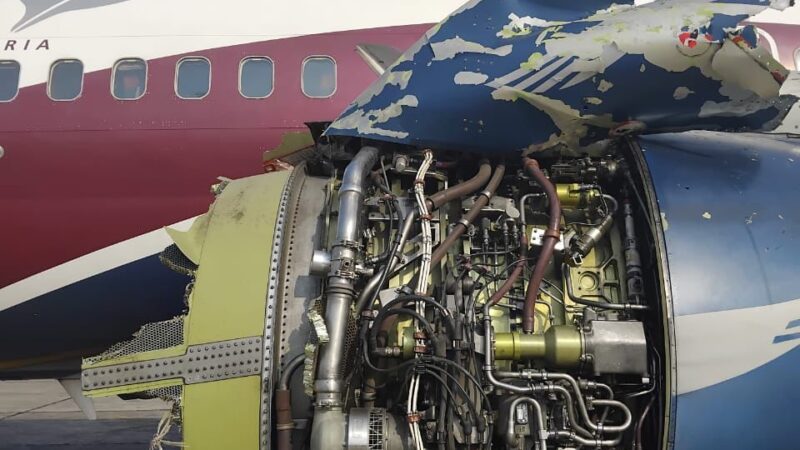Post-pandemic Industry Recovery: IATA forecasts 93% increase in airline revenue in 2023


The International Air Transport Association (IATA) is confident that there will be a significant increase in airline revenue in 2023 to cap a memorable post-pandemic recovery period.
Recall that the dramatic drop in airline services during the pandemic caused a shocking depletion in the liquidity buffers of airline operators, as the passenger load factor was reduced below 30 per cent due to social distancing measures.
The tough times lingered up to a peak period in 2020 when governments around the world imposed air travel restrictions to tackle flare-ups. The industry remained in the doldrums until early 2021.
In its weekly newsletter sent to TW, IATA expressed optimism that as the world and the air transport industry recover from the crisis, a normalization in activity is underway.
The association proposed an estimated increase of 93 per cent in airline revenue with a bit of stability in air cargo yields.
“Passenger markets are recovering strongly as more routes are opened while cargo volumes have begun to ease in 2022 from their recent highs, amid weaker global economic growth and geopolitical tensions.
“In 2023, total airline revenue should increase to an estimated 93% of the pre-pandemic level, driven by the recovery in passenger traffic. Air cargo revenue looks set to moderate next year, to around USD 150 billion, reflecting both softer volumes and yields,” IATA noted.
The body had earlier forecast that total airline revenue would reach around 87 per cent in 2022, up from 60 per cent last year (2021).
As for cargo, IATA said the share of total revenue for air cargo will ease further, to around a 20 per cent increase, maintaining a revenue base of 50 per cent in 2023, higher than what was recorded the previous year.
Highlighting the ongoing important role played by the cargo sector in the post-pandemic industry and economic recovery, IATA explained that air cargo played a critical role during the pandemic, ensuring that vital vaccines could be made available globally and to ensure that businesses and economic activity continued to function despite the extraordinary circumstances.
“Moreover, cargo became an increasingly important source of revenue for many airlines during the COVID crisis, reaching a high of 40 per cent of total airline revenue in 2021, compared with 10-15 per cent in the pre-pandemic period,” IATA added.
But while IATA’s forecast focuses on the international market of the airline business, the Nigerian business climate does not guarantee such confidence, as domestic carriers have continued to face a downward trajectory due to unfavourable factors.
Major among such factors is the ever-increasing price of jet fuel and its non-availability. Currently, the commodity sells for N900 and N950 per litre. While the cost could be recovered through ticket sales, scarcity of the commodity slows the frequency of flight operations.
Thus, the less frequently the airlines operate, the less their turnover becomes.







